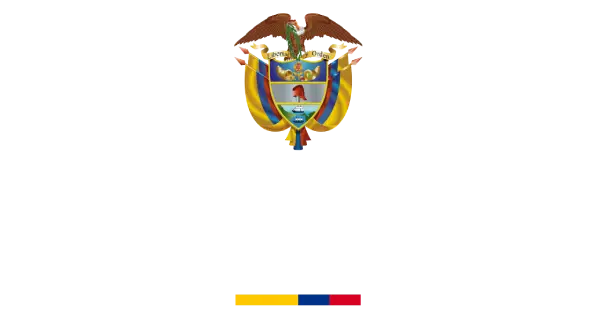
 ENGLISH
ENGLISH

 ENGLISH
ENGLISH

A man who has committed heinous crimes and now lives under house arrest in a cold, inhospitable place is visited by the ghosts of those he murdered, asking him to remember their names and how he ended their lives. These crimes, in the play Labio de liebre, took place in a specific country, Colombia, although their echoes extend across Latin America, wherever violent conflicts have existed and continue to exist.
Ten years after its premiere, this landmark of Colombian theatre, written and directed by Fabio Rubiano, has returned to the stage, marking a before-and-after moment in the country’s contemporary drama with its sharp and provocative way of confronting the wounds of war. This play about forgiveness and revenge is one of the central productions in the repertoire of Teatro Petra, the company founded in 1985 by Rubiano and Marcela Valencia, with a legacy of more than 35 productions, awards, and tours across many festivals. It was their leap into large-scale theatre and, in the director’s words, a moment of validation as a company.
A decade on, Labio de liebre [The Hare’s Lip], named after one of the characters, marked by his harelip, remains deeply relevant, as violence continues, even if it has shifted form. This slight change, as Rubiano explains, is seen in a deeper awareness of the victims, and while the victims in the play are not idealised, “they hold grudges, they can be unjust, they are full of passions... the jokes are no longer about their pain but about the absurdity of certain violent situations. The work has become more reflective, more attentive.” The irony is still present, but now it highlights the grotesqueness of violence. Even so, what audiences at the Autumn Festival will encounter is not a definitive truth, but a space where contradiction, discomfort, and the desire to understand can coexist. In this delicate balance, the play has found a space where memory is never closed, where theatre neither forgives nor absolves, but names, unsettles, and transforms.